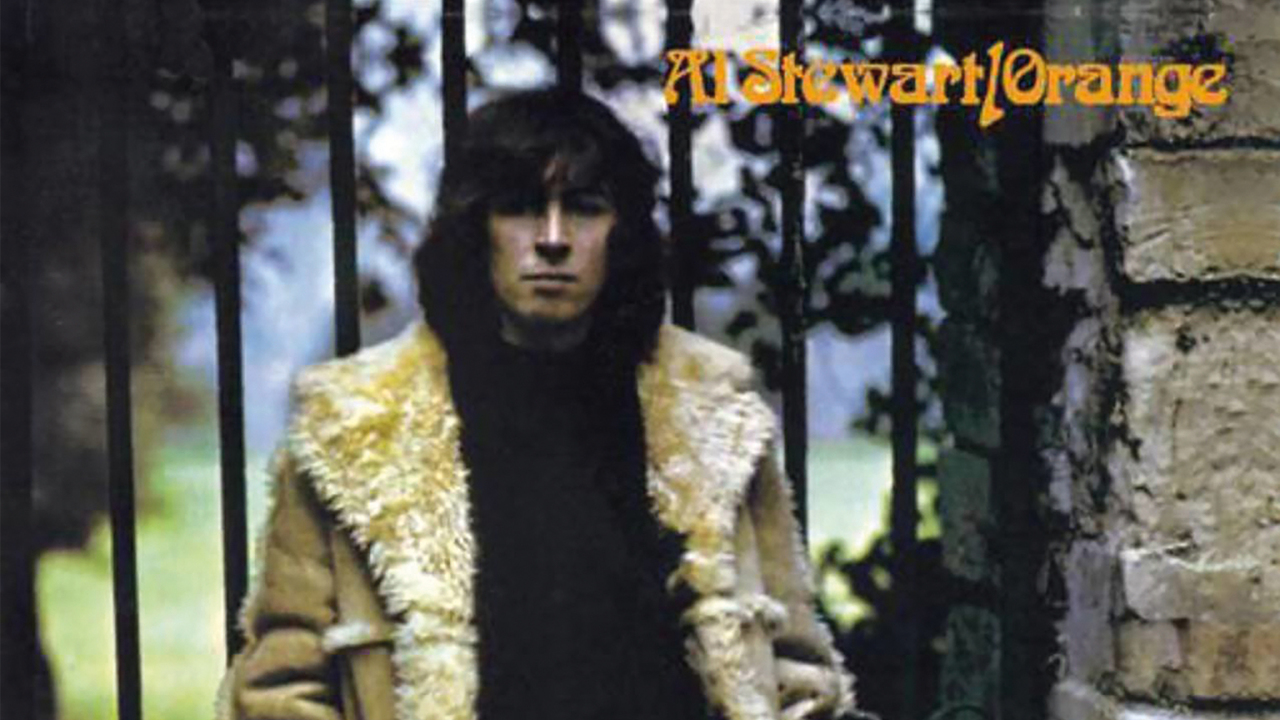This tasteful trio of remastered and expanded editions catches Stewart transitioning from confessional bedsit balladeer to smooth operator exploring stories other than his own.
Okay, so the narrative isn’t strictly that linear, but overall he was shifting from candid, over-sharing love chronicles to putting tangents on historical themes; a folk artist slowly getting closer to having a hit but taking the roundabout, scenic route. Which is good news for us, as Stewart’s lyrical observations, delivered in that understated, charming voice, are rarely less than fascinating. Orange (1972) is the first tentative step away from his troubadour roots, with musicians such as Tim Renwick, Brinsley Schwarz and Rick Wakeman fleshing out his tender, wilfully timid sound. They (gently) put the rock into folk rock, with producer John Anthony and engineer David Hentschel guiding things to the sweet spot between mellow and mobile. The real juice of Orange lies in bitter, self‑romanticising, end-of-relationship songs The News From Spain and Night Of The 4th Of May. Offering what would now be criticised as “too much information” about who’s sleeping with whom, they’re so honest it hurts. Past, Present & Future (1973) made inroads in America and is considered to be Stewart’s first ‘major’ album (in terms of profile – there’s nothing minor about the earlier epistles). The history tales kick in here, from Roads To Moscow to the nine-minute Nostradamus. You could argue that this is where he ‘goes prog’, even if the best cut is the pertly poppy Soho (Needless To Say). Modern Times (1975) sees Stewart’s first team-up (at Abbey Road) with producer Alan Parsons. While there’s more personal, lyrical, wry angst (the title’s from Sartre, not Chaplin), the pair don’t go full big‑screen just yet – that card was to be impeccably played on this album’s successor. Modern Times did well, but CBS elected not to renew Stewart’s deal, kicking themselves when Year Of The Cat purred along. Silky sketches for that masterpiece, this triptych is a treasure.

